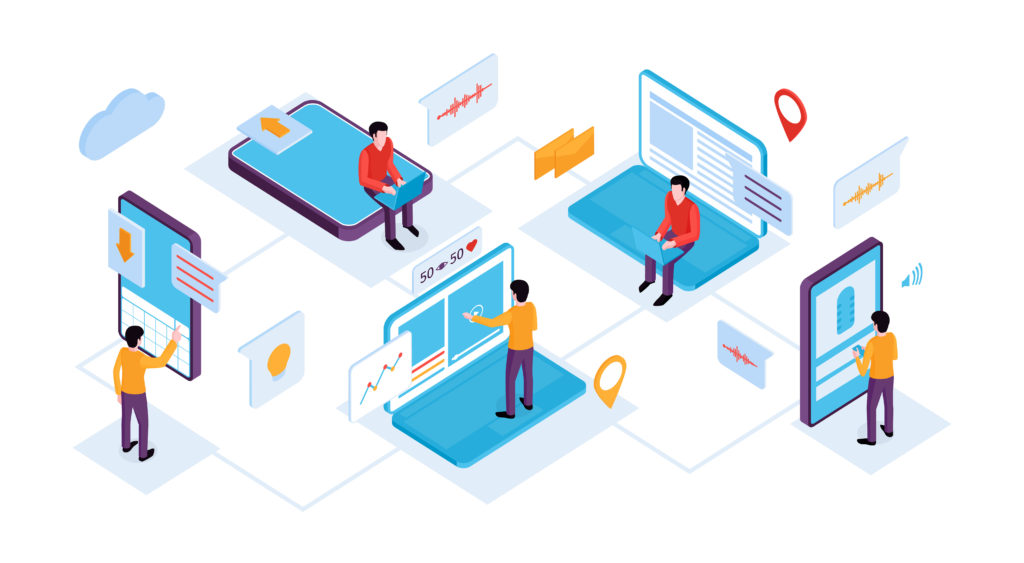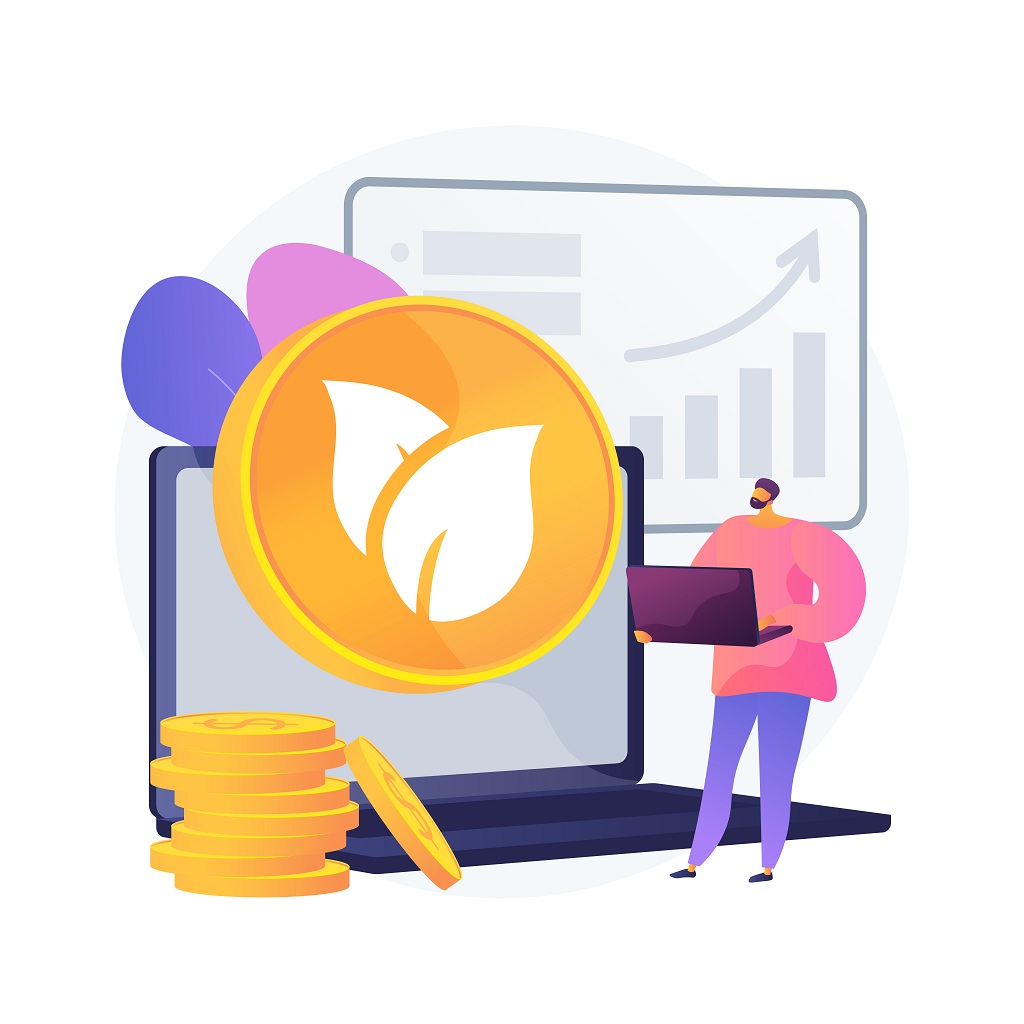Use of APIs across various industries

“We have to stop optimizing for programmers and start optimizing for users.
— Jeff Atwood
Just a decade ago, the term API would have sounded foreign to anyone not directly involved with software development. Application Programming Interface—just the abbreviation is a mouthful. But in 2020, and more in the years to come, this term is quickly becoming a household word.
An API is an interface that allows for communication between software or application without risking security or the privacy of either of the parties. An easy way to understand this is to liken an API to a waiter at a restaurant. You, the customer have the menu in hand and know what you want to request from the kitchen. The kitchen has your meal, but there needs to be a mode of communication between the supply and demand. Enter: the waiter. The waiter takes your order and communicates it to the kitchen; and brings your ready order from the kitchen for consumption.
Say you want to develop an application that connects customers with expert technicians like plumbers and electricians. For this purpose, you can use Google Maps, an existing software that is perfect for satellite mapping and geo-location. Thus, you need to do three things.
- Integrate the Google Maps software into your application
- Allow for communication between your application and Google Maps
- Ensure that the security of both Google and your application is not compromised.
The right API can do all these things with ease. APIs, as you can understand, hold high importance in any industry which has a foot in technology—which, in this decade, is practically every single industry. This article will detail how APIs help in a few select industries, namely finance, healthcare and insurance.
APIs in Finance
One of the advantages of using an API in your software is that it ensures security in sharing. When sharing data with a third party, there is always the risk of compromising your security and privacy. But you can customize your API to suit your needs, ensuring that only the required data is shared and the rest is kept secret. This is highly beneficial to banks and FinTech companies—as security and regulations on sharing data is of utmost importance when it comes to money related matters. For example, when sharing information related to customers information and transaction data like fund transfers, bill payments, credit card statements, etc.; APIs can be laced with additional security to ensure appropriate access by the third party.
Using an API also makes it easier to form partnerships. The sensitive data owned by each partner can be exchanged on the basis of the APIs; which collect reports and real-time information using the pre-established protocols and deliver them as necessary.
APIs can also be integrated into applications used by customers, to make their transactions easier. For example, your lending service can offer an API which provides information regarding loans and credit scores so local businesses and customers can best identify a service that fulfills their need. Thus, you would be providing the necessary information without risking the disclosure of more sensitive information.
APIs in Insurance
Using APIs in insurance can bring a host of benefits to both the provider and the customer. In insurance, there is a lot of information which can be a bit overwhelming to the customer. Providing an API which includes general information about the insurance offerings and the details of each type can allow for easier understanding and decision making. Other third-party companies can make use of this API to provide this information to the customers in an easy to understand way. The best kind of API for this purpose would be a “Public API”, where the API is offered to the public and not just to selected individuals. This also allows for monetization of information, where the company can demand a fee for using the API.
APIs can also be used in the insurance industry to forge partnerships and to extend reach to other related industries to broaden the economy. In order to offer policies to industries like automobile, health, homeowners, life, etc., insurance companies must have a way to share existing information so that the expansion is smooth. Here is where APIs can help.
Healthcare
The industry of medicine and healthcare service providers has been greatly benefited by the introduction of APIs in software. Databases which contain information about patients, diagnosis, appointments, medical records, medicine records and more, which have to be shared among partners but also have to be kept safe due to the sensitive nature of their content, can be securely exchanged using the API protocols in place. API-enabled software also allows for multiple doctors across hospitals and healthcare providers to care for one particular patient. Using APIs on mobile phone applications which record a patient’s health condition can allow the hospital to keep a check on the individual’s wellbeing even outside the medical facility. APIs can also come to use in health insurance, acting as a bridge between the insurance provider, the hospital and the client.
Future of APIs
APIs are becoming a bigger part of our lives. In the years to come, their role will only grow exponentially. Already, new trends in software are coming about—and these changes affect APIs as well. API software which have end-to-end capabilities are quickly becoming the need of the hour. Having a different software for every requirement and touch point becomes bulky and unsatisfactory for the user—APIs can completely remove that requirement. Furthermore, advancements in technology like Artificial Intelligence and Empathy-driven Developer Experience which pairs designers with engineers to come up with the best kind of API are changing the digital world. There is so much more to come; all we can do is hold on to our seats and look forward.
Platformable, a consulting firm that helps companies and public bodies generate value through the use of APIs, recently published stats Read more
If you are using a travel site to book flight tickets or an entertainment app to book movie tickets or Read more
After enough has been written about the benefits of using APIs for banks, only one pertinent question remains: It now Read more
From being obscure technical components to helping create a whole ecosystem that is at the heart of nearly all commerce Read more





